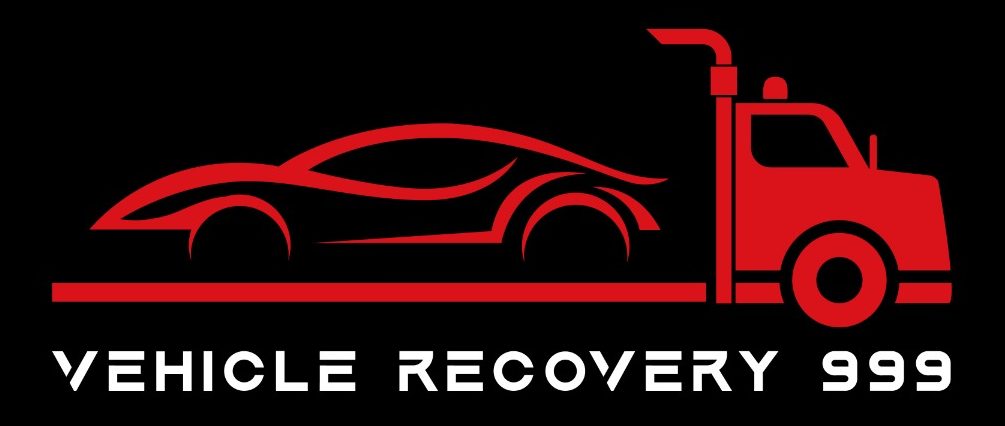When a vehicle breaks down, gets stuck, or needs to be moved safely, it’s not just about hooking it up and driving off. There’s a level of responsibility and expertise required—something only trained professionals can provide. Licensed towing operators play a vital role in keeping the process safe, legal, and efficient. They handle vehicles with care, follow strict safety standards, and ensure every recovery is done right the first time. This article looks at why their presence matters, what sets them apart, and how they protect both people and property on the road.
Why Towing Requires the Right Hands
When a vehicle breaks down or ends up in a ditch, calling for help seems simple. But behind the scenes, there’s a lot more to it. What many don’t realize is that licensed towing operators are the ones who ensure everything runs safely and by the book. They’re not just drivers—they’re trained professionals who manage vehicle recovery with skill and responsibility.
What Makes an Operator “Licensed”?
Certification and Skill
Getting licensed isn’t just a piece of paper. It means the operator has been trained, tested, and approved to handle specific equipment and real-world situations. From handling heavy chains to operating flatbed trucks, licensed towing operators must show they understand both safety standards and the correct methods of transport.
Legal Requirements Across States
Most regions have specific laws about who can operate tow vehicles. Without the proper license, the driver could face fines—and worse, compromise your vehicle’s safety. That’s why going with licensed towing operators isn’t just a smart choice—it’s a necessary one.
Daily Challenges They Tackle
Handling Risky Conditions
From rain-soaked roads to high-speed highways, these operators often work in less-than-ideal conditions. They position themselves and their equipment to avoid traffic, ensure safety for the driver, and properly secure the vehicle. This type of high-stakes work isn’t for the untrained.
Managing Diverse Vehicles
A family sedan and a loaded pickup don’t get treated the same. Licensed towing operators know which tools and approaches suit each job, whether it’s wheel-lift towing, flatbed hauling, or winch-out services. They make these decisions based on experience, not guesswork.
The Cost of Unlicensed Work
Damage Risks
Operators without proper training may damage a vehicle during hookup, loading, or unloading. They might also miss important safety checks. These small mistakes can lead to large repair bills—or even accidents.
No Insurance Protection
If something goes wrong during an unlicensed tow, you could be stuck with the damage costs. Licensed operators typically work with insured towing companies, which protects your investment and ensures you’re covered in case of incidents.
Questions Drivers Should Ask
Before agreeing to any tow, ask a few key things:
- Are you licensed and insured?
- What type of truck are you using?
- Do you have experience with my type of vehicle?
Licensed towing operators won’t hesitate to answer. They expect these questions—they’ve worked hard for their credentials.
Licensed vs. Unlicensed: A Quick Comparison
| Feature | Licensed Towing Operators | Unlicensed Operators |
| Certified and insured | Yes | Rarely |
| Knowledge of towing types | Extensive | Limited |
| Safety protocols followed | Strictly | Inconsistently |
| Liability coverage | Included | Usually not available |
| Compliance with state laws | Always | Often skipped |
Trust Matters in Towing
The difference between a smooth recovery and a stressful one often comes down to who’s on the job. Licensed towing operators bring not just tools and trucks, but training, experience, and trust. In an industry where shortcuts can be costly, choosing qualified professionals makes all the difference.
If you ever need help on the road, remember to call a team that puts safety first. That’s why more drivers rely on Vehicle Recovery 999—where every operator is fully licensed, and every tow is done right.

